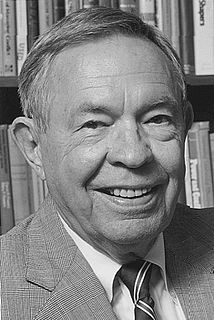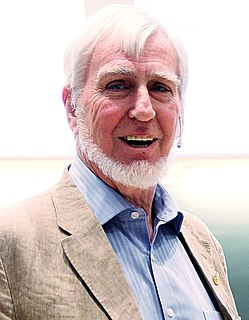A Quote by Moliere
Every good act is charity. A man's true wealth hereafter is the good that he does in this world to his fellows.
Related Quotes
Therefore the good man ought to be a lover of self, since he will then both benefit himself by acting nobly and aid his fellows; but the bad man ought not to be a lover of self, since he will follow his base passions, and so injure both himself and his neighbors. With the bad man therefore, what he does is not in accord with what he ought to do, but the good man does what he ought, since intelligence always chooses for itself that which is best, and the good man obeys his intelligence.
What is meant by charity? Charity is not fundamental. It is really helping on the misery of the world, not eradicating it. One looks for name and fame and covers his efforts to obtain them with the enamel of charity and good works. He is working for himself under the pretext of working for others. Every so-called charity is an encouragement of the very evil it claims to operate against.
Therefore, the truly great man, although he does not injure others, does not credit himself with charity and mercy (these are natural to him). He does not seek gain, but does not despise his followers who do. He struggles not for wealth, but does not take credit for leaving it alone... The ranks and emoluments of the world are to him no cause for joy, it's punishments and shame no cause for disgrace.
True honour is an attachment to honest and beneficent principles, and a good reputation; and prompts a man to do good to others, and indeed to all men, at his own cost, pains, or peril. False honour is a pretence to this character, but does things that destroy it: And the abuse of honour is called honour, by those who from that good word borrow credit to act basely, rashly, or foolishly.
There are two kinds of Riya - Showing off-Ostentation ie pure ostentation and adulterated ostention. In pure ostentation "Riya" a man does a good deed only for worldly benefit. In Adulterated ostentation, a man does a good deed with the intention of reaping the benefits of the world as well as of the Hereafter.
No man, however benevolent, liberal, and wise, can use a large fortune so that it will do half as much good in the world as it would if it were divided into moderate sums and in the hands of workmen who had earned it by industry and frugality. The piling up of estates often does great and conspicuous good.... But no man does with accumulated wealth so much good as the same amount would do in many hands.
The intelligent and good man holds in his affections the good and true of every land -- the boundaries of countries are not the limitations of his sympathies. Caring nothing for race, or color, he loves those who speak other languages and worship other gods. Between him and those who suffer, there is no impassable gulf. He salutes the world, and extends the hand of friendship to the human race. He does not bow before a provincial and patriotic god -- one who protects his tribe or nation, and abhors the rest of mankind.
Every act of charity, every thought of sympathy, every action of help, every good deed, is taking so much of self-importance away from our little selves and making us think of ourselves as the lowest and the least, and, therefore, it is all good. Here we find that Jnâna, Bhakti, and Karma - all come to one point.
That man is good who does good to others; if he suffers on account of the good he does, he is very good; if he suffers at the hands of those to whom he has done good, then his goodness is so great that it could be enhanced only by greater sufferings; and if he should die at their hands, his virtue can go no further: it is heroic, it is perfect.





































